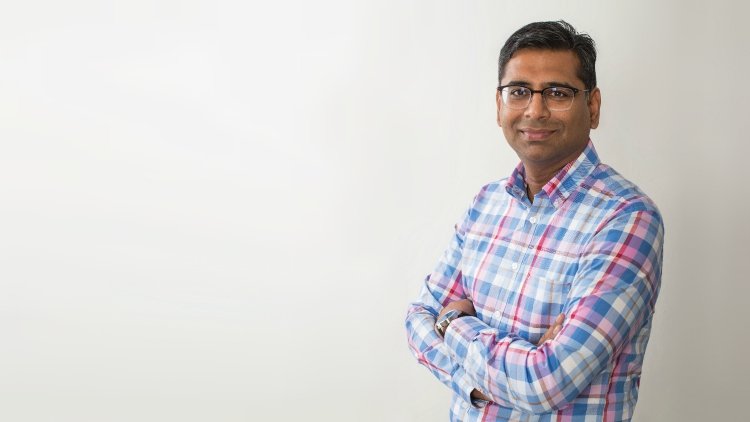Following the recent signature of the Multilateral instrument by Mauritus, we met Osman Badat, Harel Mallac Global’s newly appointed MD, who gave us his his expert opinion on the current state of Global Management in Mauritius and gives us a preview of how Harel Mallac Global is facing these new challenges on the market.
Connexion: Mr Badat, there’s been a lot of noise since the beginning of the year around Global Business and recently Mauritius signed the Multilateral Convention. How is this new agreement going to impact this sector of industry? Which changes are going to take place as from now?
Well, the global business context is changing. It began with the renegotiation of the tax treaty with India and then with South Africa; subsequently, Mauritius signed the Common Reporting Standard (CRS), reporting of which will start as from 2018, and very recently, our country signed the Multilateral Instrument. Therefore, everything changes!
The Multilateral Instrument fits into the Organisation for Economic Cooperation and Development (OECD) project framework called Based Erosion Profit Shifting (BEPS). The purpose of this project is to stop the aggressive tax planning that is present throughout the world whereas the principle is to tax the profits in the country where the transaction is made. Now that the Multilateral Instrument is signed, everything in relation to the double tax treaties that are signed between Mauritius and relevant countries changes.
I personally think that within two or three years, there will be no more tax benefits. Our field will become a level playing one and it won’t really make a difference, at the tax level, to be based in Mauritius, Seychelles, Hong Kong, Singapore or anywhere else.
Moreover, there’s not only the BEPS project, but also the pressure coming from the European Union who will release their list of blacklisted tax havens expected in September this year.
Connexion: Therefore, these major changes are affecting the core of your activities as a Global Management Company. How is Harel Mallac Global planning to adapt to these changes?
O.B: Harel Mallac Global today, it’s a team of 12 people for a portfolio of more or less 200 clients and we operate in a very fragmented sector: there are approximately 150 operators doing the same thing, or at least who promise to offer the same services that we do.
To differentiate ourselves, we operate in a mind-set that this upcoming situation is already enforced. For us, it’s no longer “global business”; it’s no longer “offshore”. We are a cross border professional services group, comprising multi-skilled professionals. We have two representative offices, one in Dubai and the other one in Nairobi. The implementation of these representation offices will now develop even more through Harel Mallac Group’s network in Africa. This is, in short, our value proposition: to be, because of our size, a boutique-type corporate services provider as one of the most important things for us is to be close to our clientele, who is a very demanding one. This vision is obviously backed by values of trust, agility and care for our community that are crucial for the proper conduct of our activities.
At Harel Mallac Global, we’re already transitioning. It’s interesting to be in Mauritius because the country offers many opportunities; everything doesn’t revolve around tax benefits: if someone wants to export from Mauritius for example, there’s all the advantages offered by SADC and COMESA. We have a significant offer for Africa.
Connexion: Talking about Africa, even if the African market is considered as an opportunity for investors, doubts remain in relation to the stability of the market and the risks. What is the added value offered to your customers for investment in Africa?
O.B: The lead that we have in this area is triggered by the fact that we started carrying business in the context of the new order, which has brought us to define our strategy differently from other management companies that offer the very “vanilla type” GBC 1 and GBC2. We don’t offer products; we offer services, we offer solutions, we offer advice.
To meet our new challenges, we’re going to emphasise on our advisory services. For example, nowadays there are high net worth individuals in Madagascar who are tired of what’s happening in the country with the political instability, the abductions etc. To these people, we say: “Come to Mauritius”. We sell Mauritius as a “Risk Management Platform” because as an international financial services platform, the country offers a very good framework for doing business. We have an advanced banking system, more and more corporate lawyers, one of the best stock exchange in Africa, experts in the field of accounting, auditors with a very good understanding of international standards such as IFRS, ISC etc.
|
One should also remember that Mauritius forms part of the two largest trading blocks of Africa, SADEC and COMESA. Among these two, we are talking about a combined market of 600 million people to whom we have a duty-free access! And from Mauritius only, we also have the free port. These really represent big opportunities. There’s also a great advantage being in Mauritius that is not often mentioned: Mauritius holds the largest network of IPPA’s (Investment Promotion and Protection Agreements) with African countries. These treaties that have been signed between Governments protect investment funds. For example, if a company residing in Mauritius invests in another African country with which we have signed an IPPA – and as one knows, the main issue with Africa is Risk – in the occurrence of a “coup d’état” or a situation of the like, the investment is preserved. This is the guarantee offered by IPPAs that are, in fact, powerful instruments and another good reason to use the Mauritian platform for investment in Africa. We believe that, yes there are challenges, but also a lot of opportunities. The world won’t stop turning, globalization may decelerate a little bit, but it’s not stopping anytime soon. People will continue to move, to travel – there will be more people and trade going forward and we want to use this constant movement of people and trade as our platform. |

